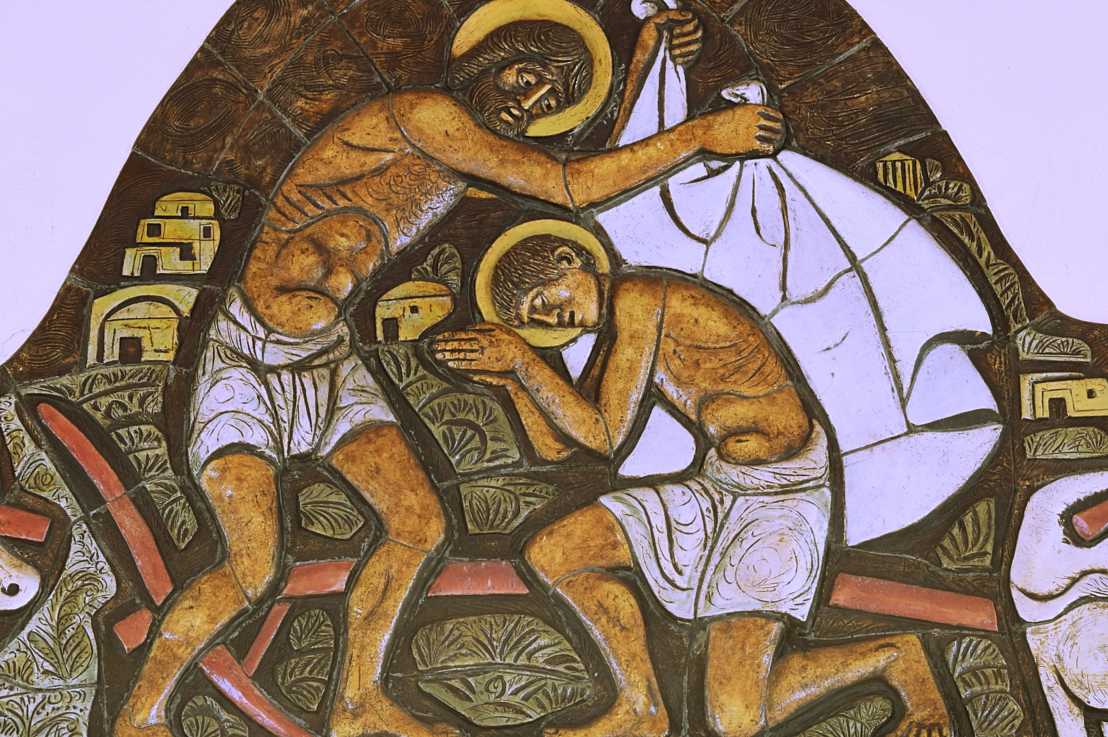Today, the Church recalls the liturgical memory of the holy Prophet Elisha.
How is it possible that Elisha, when Elijah his master gave him the opportunity, asked for a double portion of the spirit of Elijah? The Lord says in the Gospel, “The disciple is not greater than the master. But everyone who is well prepared will be like his master.” But if we examine the mystery of this request, we will find that it is not an inopportune one but necessary. In fact, “Elijah said to Elisha, Ask what I must do for you before I am taken from you. Elisha responded, I beg you that a double portion of your spirit be in me. And he responded, You have asked a difficult thing. Nevertheless, if you see me when I am taken away from you, it will be granted to you. If not, it will not be granted you.” What does Elijah symbolize here but our head, that is, the Lord our Redeemer, and Elisha his body, which is the church? Elijah, then, gives the occasion to ask, because in the Gospel it says, “Ask, and it will be given you.” And also, “Ask, and you will receive, that your joy may be full.” Having received this assurance from the Lord, Elisha, that is, the Christian people, asks that the spirit of Christ be doubled in him, which is to say, a double grace of the Holy Spirit, for the remission of sins and for the conferral of virtue. Our Redeemer, who had no sin, and neither did he commit sin, nor was deception found in his mouth, had no need for the remission of sins, not having any sin, but carried out the works of the Holy Spirit. He says this to the Jews in the Gospel: “If I cast out demons by the finger of God, it is because the kingdom of God has come on you.” On Ecclesiasticus 10.18.
Sourced from Archpriest David Petras, Ancient Christian Commentary: Old Testament XV Apocrypha, edited by Sever J. Voicu.
